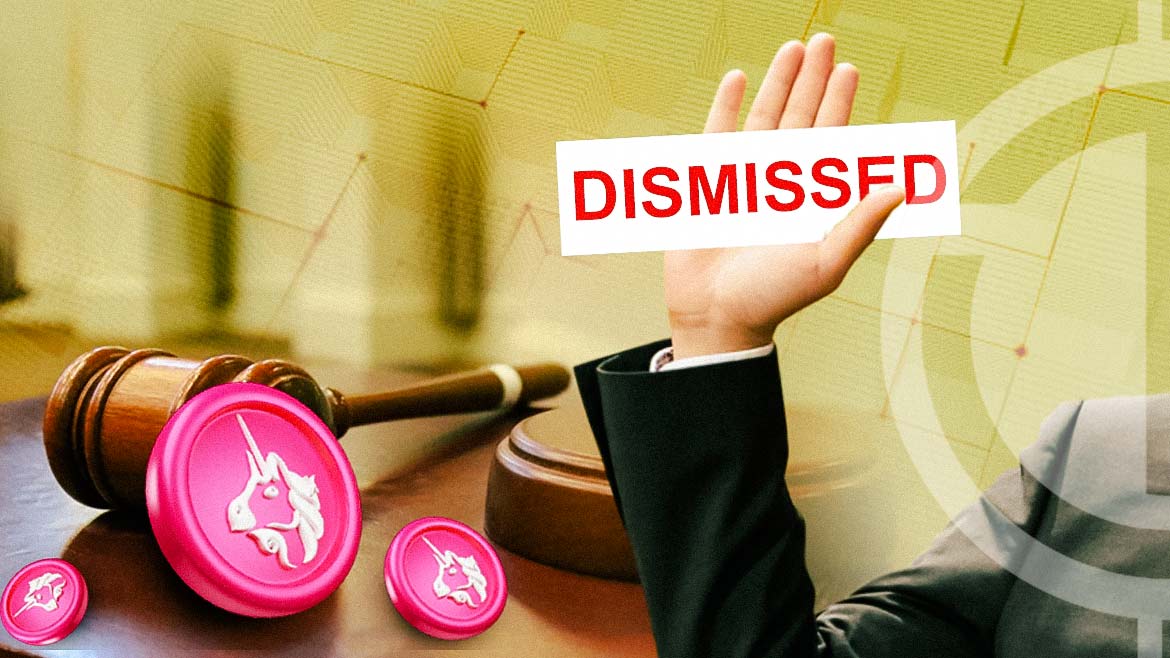
The United States District Court for the Southern District of New York, presided over by Judge Katherine Polk Failla, dismissed a class-action lawsuit against Uniswap Labs, its CEO, and venture capital backers. The lawsuit was initiated by six individuals who alleged that they had lost money due to scam tokens traded on Uniswap’s decentralized exchange platform. The case was filed in April 2022, and the plaintiffs sought compensation under the Securities Act of 1933 and the Securities Exchange Act of 1934.
The plaintiffs contended that Uniswap Labs exerted control over the liquidity pools, including those that were manipulated by unidentified scammers. They further argued that Uniswap’s proprietary core contracts held liquidity provider funds and newly created tokens. However, the court found that the allegations did not warrant stretching the federal securities laws to cover the conduct in question.
Emphasizing the plaintiffs’ allegations concerning the core and router contractsJudge Failla stated:
It defies logic that a drafter of computer code underlying a particular software platform could be liable under Section 29(b) of the Exchange Act for a third-party’s misuse of that platform.
Stephen Palley, a partner at Brown Rudnick, also shared his opinion on the implications of the case. He noted that the case was not about products liability or negligence but touched on foreseeability of harm, responsibility for third-party misuse, and third-party damage. He predicted that such cases would become significant in shaping legislation in the coming decade.
Bill Hughes, a lawyer at ConsenSys, also weighed in on the decision. He stated that the ruling had a more direct impact on the application of current securities laws to decentralized finance (DeFi) than previous cases involving Ripple or TerraForm Labs.
Despite the legal win, Uniswap’s token prices did not fare well, dropping 3% on the day of the announcement. The decentralized exchange token (UNI) was trading at $4.62 at the time of writing, marking a 15% loss over the past two weeks and a 90% decline from its May 2021 peak.
The court’s decision was seen as a significant moment in the evolving landscape of cryptocurrency regulation, particularly in how it applies to decentralized platforms. The judge also presides over the SEC vs. Coinbase case and notably stated that Ethereum is a commodity, not a security. This adds another layer of complexity to the ongoing debates surrounding the classification and regulation of digital assets.














